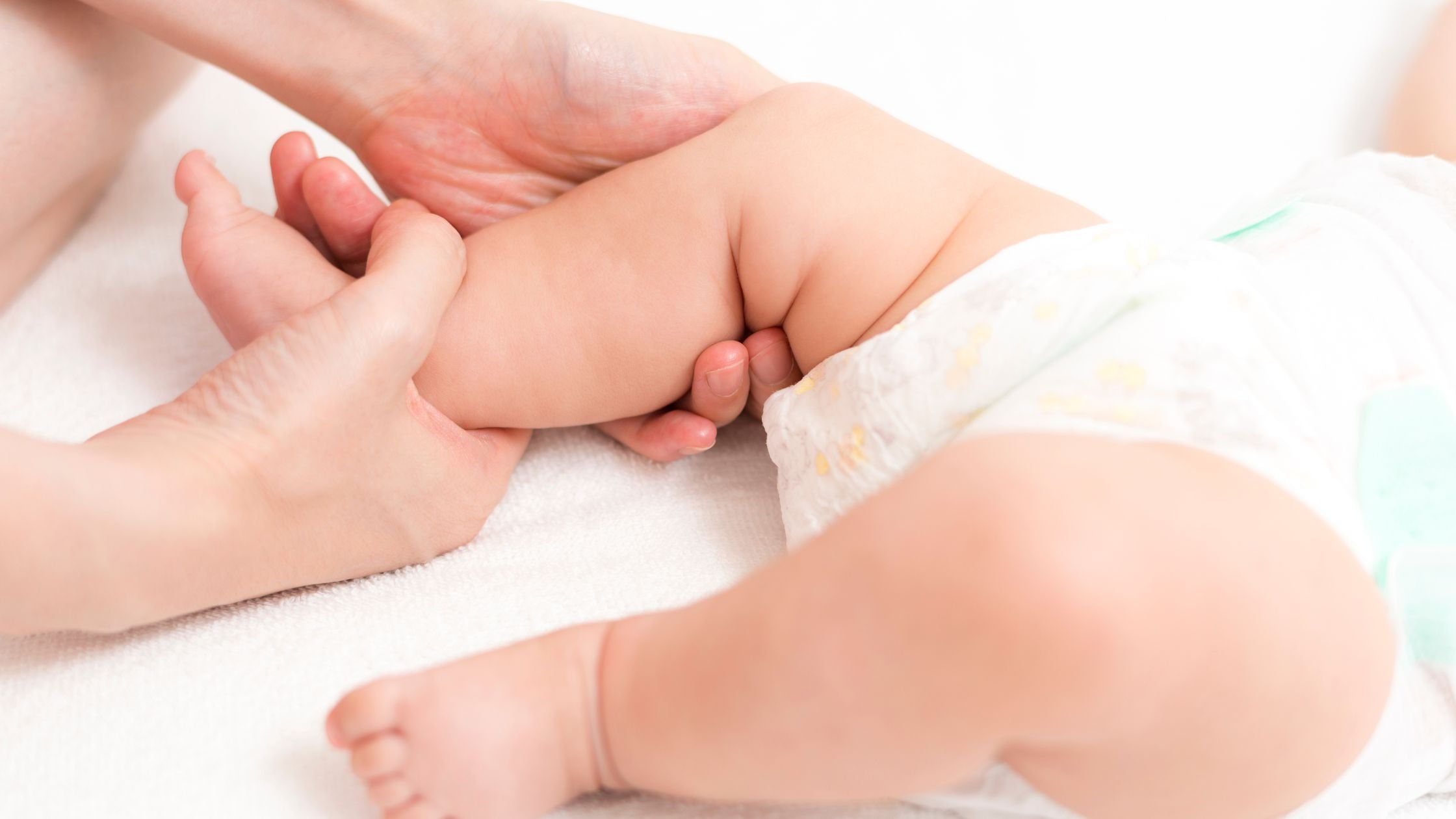Can Sweating Cause Eczema Flare-Ups?

Can Sweating Cause Eczema Flare-Ups?
Here in Australia, we’re blessed with plenty of beautiful sunny days and warmer temperatures. And while this makes for a great outdoor lifestyle, it can create the perfect storm for eczema flare-ups for some little ones. Heat is a common eczema trigger, and heat also equals sweat – another source of irritation for eczema-prone skin.
Rinsing off your little one’s sweaty skin regularly, followed with some eczema moisturiser can help nourish little skin to prevent itchy flare-ups. And of course, there are ways you can help manage sweating for your little one so they feel more comfortable.
Why Does Sweat Trigger Eczema?
In warmer weather, your little one is more likely to sweat to regulate their body temperature. While sweat alone doesn't cause eczema, it can trigger a flare-up of eczema symptoms. Many people with eczema become itchy or experience a “prickly heat” sensation when they sweat, which can be very uncomfortable. You may have noticed that the areas of the body where moisture accumulates most, such as the insides of the elbows, back of the knees and around the neck, tend to be hot spots for eczema rashes.
As well as causing itchiness, sweating can also take moisture out of the body and skin, causing dehydration, dryness and irritation. This environment attracts bacteria, which can further inflame the skin and lead to infections. Sweat also has a very small amount of sodium, potassium, calcium, magnesium and zinc, which can cause irritation. In fact, studies show1 that those with eczema may even have a different sweat composition than those without, which can indicate that their skin has less natural moisturising factors and can be more prone to infection.
Eczema vs. Heat Rashes
There are two types of sweat glands in the body that help with the sweating process: the eccrine and apocrine glands. Sometimes, these can become blocked and inflamed and lead to heat rashes – also known as prickly heat or miliaria. In the case of newborns, their sweat glands may be underdeveloped and therefore more prone to this type of rash. Hot and humid weather, exercise and synthetic clothing can all trigger heat rashes.
A heat rash is different to eczema, although both conditions are itchy and uncomfortable. A heat rash will usually go away on its own fairly quickly, however, eczema is a chronic condition that needs ongoing management. If you’re unsure if your little one is experiencing eczema or heat rash, or if their rash is accompanied by a fever, swollen lymph nodes or swelling and warmth, seek advice from a medical professional.
Managing Sweat and Eczema
Management of your child’s eczema is crucial in the hotter months, and as always, prevention is better than treatment when it comes to flare-ups. Here are some ways to help manage sweat and eczema:
- Try to keep your little one as cool as possible on hot days. Consider carrying a handheld fan to cool them down and dress them in light, breathable cotton clothing that helps wick away moisture. Keep your little one in the shade where possible.
- Don’t let sweat sit on their skin. Wipe and dry their skin with cool water when necessary, and reapply their eczema moisturiser to lock the moisture back in.
- Maintain your daily bath routine with a gentle cleanser to wash away sweat and grime from the day.
- Keep your little one hydrated with plenty of fluids throughout the day.
- Avoid synthetic clothing where possible, as this can make your little one sweat more.
- Try to cool down the car on hot days by opening windows and putting on the air conditioning before putting your little one in their car seat.
We hope this blog helps you on your eczema journey! This post was brought to you and your baby with love by the Itchy Baby Co. team. X
Disclaimer: Information provided is of a general nature only, and you should always consult your medical professional.

